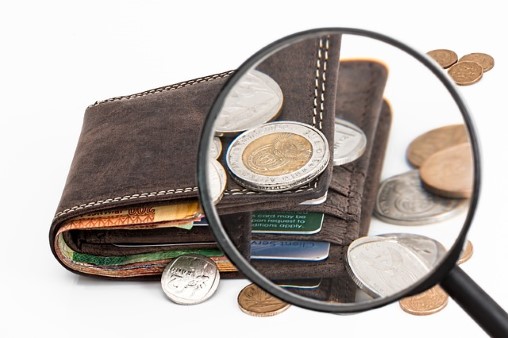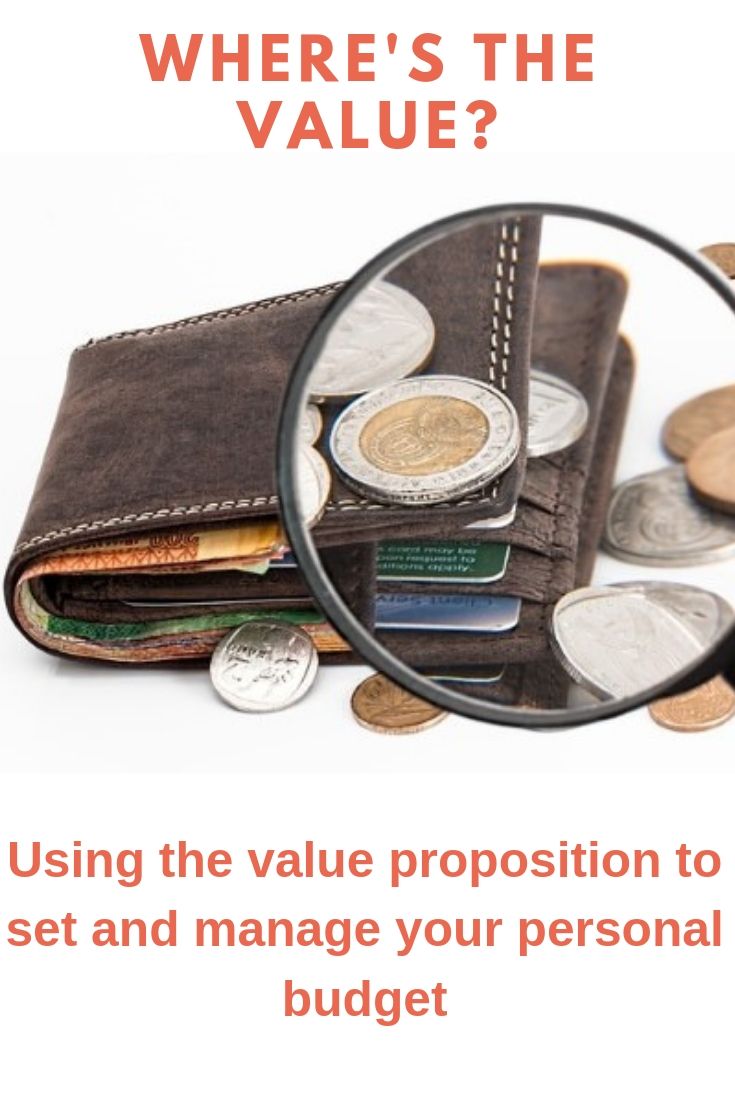Creating a retirement budget is key to the enjoyment of your retirement. It’s a roadmap to your retirement goals and to ticking off some bucket list items.
Why creating a budget is important
Budgeting sounds so boring doesn’t it? Keeping receipts, entering them into a spreadsheet …..yawn. At Retiring not Shy! we are very aware that retirement is about much more than money. However, money is an essential tool in our lives which allows us to do many things which bring us enjoyment in retirement. It is the means to an end.
For Rowan and me, budgeting provides a roadmap; it allows us to plan for recurrent expenditure like rates, electricity etc. and it also shows us where the money goes. Perhaps most importantly, it allows us to see where the leaks are; where are the expenditures large or small that for us represent frittering. These are things we pay for that actually don’t have great value for us and that compromise our ability to afford things we really do value.
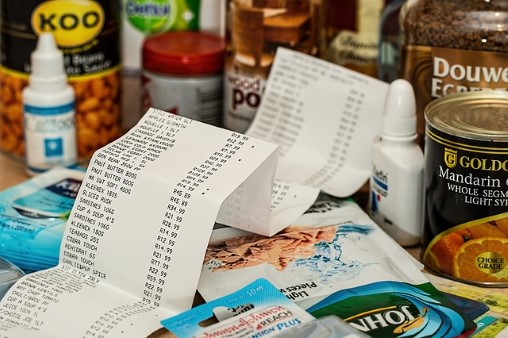
Those leaks are in the Discretionary Spending part of our budget. Of course there might be savings to be made in the non-Discretionary part of the budget too – changing service providers, getting a less expensive credit card, shopping more mindfully for food etc., but for us we find the greatest leaks are in our discretionary spending.
One way you might be able to make savings in your retirement budget is to look at solar power. We found some great tips on solar power options over at Spending Hacker.
Personal financial management and value for money
Before I go on to tell you where we found some leaks, I want to talk about value for money. My Mother taught me to “always buy the best you can afford” and I live by that. I don’t necessarily seek out the cheapest, although I do love quality second hand. I love nice clothes and homewares, we enjoy good food and wine and travel is a very favourite experience for us.
So for us, that is where the value lies; in spending money on the things we enjoy. For others the value may lie in education, hobbies like fishing, purchasing fine arts etc. The point is that value is in the eye of the beholder and you need to determine where value lies for you.

How do you do that? You need to start with creating a vision for your life and determine what really is important to you and thus where you literally get the greatest ‘bang for your buck’. Use that vision to set some priorities for the dispersal of your income. Also think about the environmental impacts of your expenditure, is it ethical?
With that in mind, now take a look at that budget and determine if you have any leaks. By that I mean are there areas where you are spending more but enjoying it less?
To give you an example, going out for a coffee most days added up significantly for us. In today’s terms a regular coffee is around $5, which for just one of us, over a year, added up to well over $1,500. Keeping in mind that those excursions also have a social and mental health benefit it wasn’t realistic to totally give up the ‘habit’ but we did invest in a coffee machine for home and about 12 years later it is still going strong and has more than paid for itself. This might have been one of the best investments we have ever made.
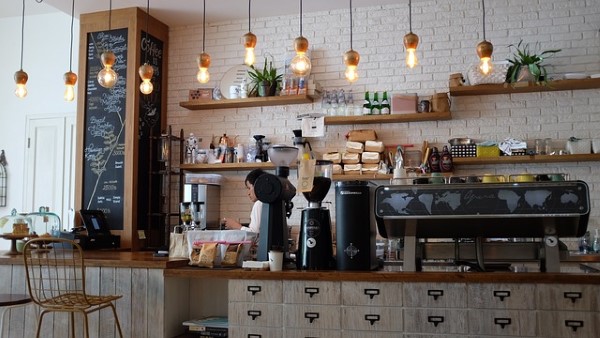
Setting priorities for your retirement budget
Recently we reviewed our budget and with our priorities firmly in mind we decided to trim some areas of expenditure. We have our minds set on a trip to Europe next year; that is something we value highly, but we need to find the funds.
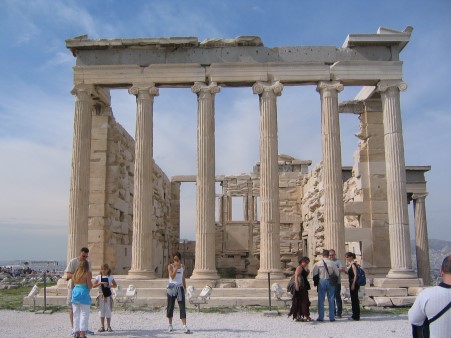
We knew we needed to make some savings and so we decided to trim a couple of areas; eating out and purchasing wine. We rarely eat take away, so in many ways that was an easy decision for us. Again, we haven’t set a hard and fast rule, but when we wake up on Saturday morning with a yen to go to brunch (or we’re just too lazy to cook), we are now less inclined. We mentally put $40-$50 into our travel fund instead and we visualise spending that money in Europe.
We do still love to eat out when we are with friends and family (that has real value for us), but we wanted to limit our eating out to those occasions. As for not buying much wine, again we allow some latitude but we decided to enjoy what we have (a lot of which is pretty special) rather than just keep buying more. With a dozen bottles of reasonable wine costing $150-250, it doesn’t take long for those savings to add up. That has also meant we are drinking less and enjoying it more – there’s that “the best quality” story again.
Reviewing our budget in light of what we value most has turned a boring exercise into one that has real meaning for us. We don’t feel deprived, instead we feel motivated. That is a great outcome.
So, do you know where the leaks are in your budget? Are you clear which discretionary expenditure provides you with value and which doesn’t? What strategies do you employ to meet your financial goals? What would motivate you to save more?
